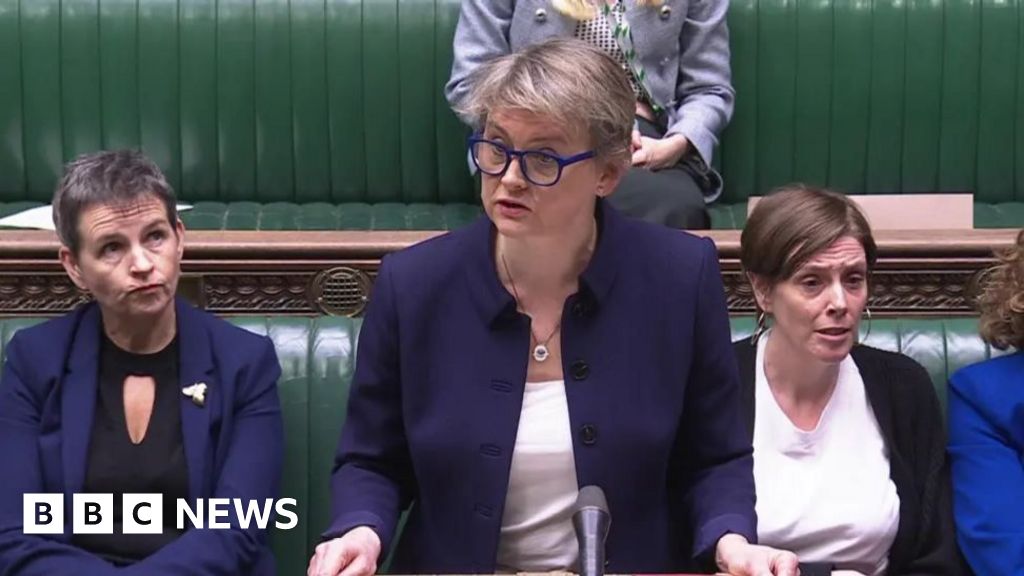ARTICLE AD BOX
By Reality Check team
BBC News
Prime Minster Boris Johnson has been addressing the UN General Assembly, ahead of its 26th annual Climate Change Conference of the Parties (Cop26) next month.
He made a number of claims - we have checked a selection.
'We have cut our greenhouse-gas emissions by 44% in the last 30 years while expanding our GDP by 78%'
The prime minister is right about the general trends but his figures are a bit out of date and do not reflect the extraordinary impact the pandemic has had on both greenhouse-gas emissions and gross domestic product (GDP), the value of everything produced in the economy.
His figure of a 44% cut in greenhouse-gas emissions is correct for the period from 1990 to 2019.
Covid led to a big fall in emissions, largely due to reduced use of transport, which means the figure for 1990 to 2020 was a decline of 49%.
Similarly, the figure of 78% for the expansion of GDP was for the period from 1990 to 2019 - the figure for 1990 to 2020 was only 60%.
'When I was a kid, we produced almost 80% of our electricity from coal... that percentage is now down to 2% or less'
The UK has made huge progress in reducing the use of coal, which has been the key contributor to its reduction in emissions since 1990.
Figures for 2020 show 1.8% of UK electricity generation came from coal, so Mr Johnson is right about that.
It is not clear what age he would describe himself as being a kid, although the figure for 1970, when he turned six, was 72%, which was also the figure for 1990.
'We produce more offshore wind than any other country'
The UK does indeed have more installed offshore wind capacity than any other country with 10.4GW.
And the government has set a target of increasing this to 40GW by 2040.
But if the UK is to become "the Saudi Arabia of wind", as Mr Johnson described it in his UN speech, it has some catching up to do in onshore wind generation.
The UK's 13.7GW of onshore capacity puts it considerably behind the world's two largest overall wind-energy producers: China, which has 272GW onshore, and the US, with 122GW.
"The market in electric vehicles [in the UK] is growing at an extraordinary pace - maybe two thirds every year"
For recent figures from the electric vehicle market, the department for transport sent us to a report by the Society of Motor Manufacturers and Traders (SMMT).
It found that so far this year, electric vehicle registrations (that's battery powered and hybrids combined) have more than doubled compared to 2020.
We couldn't immediately find the two-thirds increase mentioned by the prime minister, but it's clear uptake of low emissions vehicles recently has been growing rapidly.
And for environmentally friendly cars, the market share of all new car sales was 10.6% in 2020, up from 3.1% in 2019 and 2.5% in 2018, according to the recent Climate Change Committee report to Parliament.

 3 years ago
35
3 years ago
35











 English (US) ·
English (US) ·